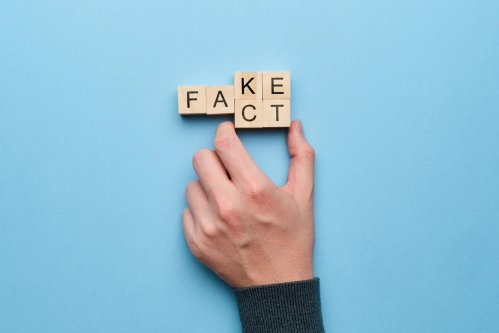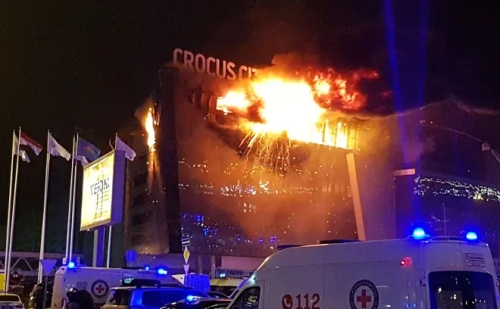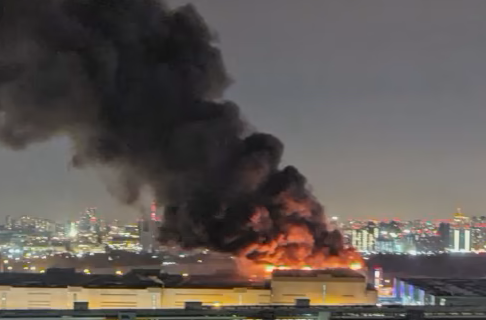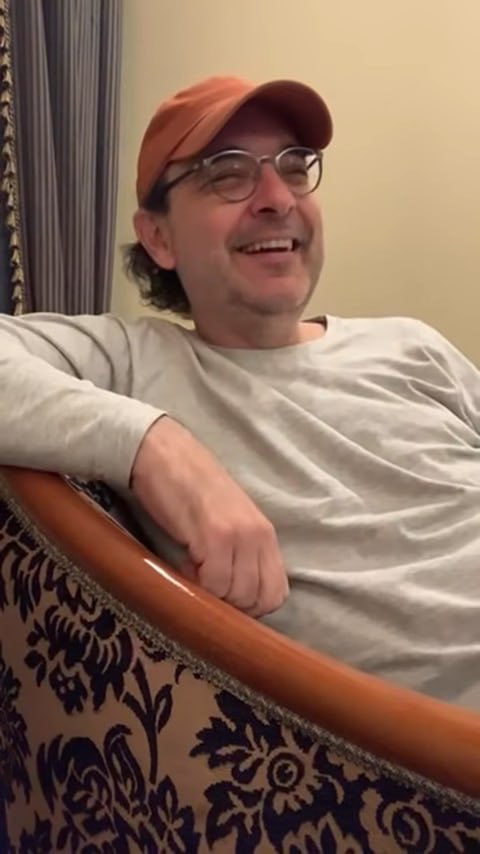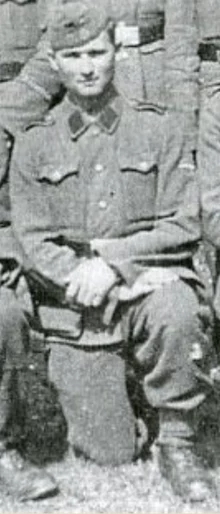I like this comment from Julian Assange:
“Journalism should be more like science. As far as possible, facts should be verifiable. If journalists want long-term credibility for their profession, they have to go in that direction. Have more respect for readers.” (see the 210 Guardian interview “Julian Assange: the whistleblower.”
That appeals to my scientific mind.
Yes, I know the political world can sometimes be messier than the natural world. But this should not remove the need to verify facts and avoid personal confirmation bias from a journalist’s responsibilities.
Journalists often neglect their responsibilities. They often present personal opinions as facts and work hard to actually avoid the facts when they consider them unpleasant. I think this is one of the reasons people are turning away from the mainstream media and looking for alternative sources of news. Unfortunately, these alternative sources may also suffer from political bias and lack of respect for facts.
I think readers should take some responsibility themselves. Readers should attempt to verify news as best they can. If only by routinely using multiple sources , including sources with different political tendencies. And don’t be afraid to check out alternatives to the mainstream media
But what about the fact-checking businesses?
I am surprised that even people who should know better (I am thinking of people in the scientific community for example) resort to “fact-checking” websites to support their arguments. This is lazy when dealing with scientific controversy, but even worse when dealing with political issues and the news. A Scientific American article, “The Psychology of Fact-Checking,” makes the point
“When it comes to partisan fact-checking about complex issues—which describes much of the fact-checking that takes place in the context of political news—the truth as stated is often the subjective opinion of people with shared political views. . . . . Research underscores that fact-checkers’ personal biases influence both their choice of which statements to analyze and their determination of accuracy. “
There are countless examples of the way some “fact-checking” businesses actually avoid the facts or promote misinformation. In fact – my advice is to avoid organisations claiming they are fact checkers or misinformation/disinformation experts. The role of such “experts” has recently become very relevant in New Zealand/Aotearoa.
NewsGuard “reality check” on Crocus City Hall terrorism
The news media, and social media, were awash with all sorts of different stories after the recent terrorist attack in Krasnogorsk, near Moscow. The attack was blamed on ISIS, Ukraine, the CIA and MI5 – even on Russian President Vladimir Putin and his intelligence forces.
Of course, many people just rushed in and chose the news reports that confirmed their own biases. More sensible people waited, adopted some critical thinking and sieved through what was on offer to get closer to the truth.
But here is an example of how lazily relying on fact-checkers can lead to readers being misinformed. The NewsGuard article – “Reality Check Commentary: The Kremlin’s Disinformation Campaign Against Its Own People.” – is blatantly misleading. For example, the “Reality Check” claims:
“Russian news broadcasts soon after the attack instantly blamed Ukraine, an accusation Putin himself made in his first public comments before eventually admitting that the perpetrators were Islamists.”
I can’t speak for all “Russian news broadcasts,” and let’s face it there were all sorts of weird and wonderful stories circulating at the early stages and news agencies around the world were reporting them. But Putin, in his “first public comment” some hours after the event (“Address to citizens of Russia“), didn’t blame anyone. His only reference to Ukraine was to a few facts:
“All four perpetrators, who were directly involved in the terrorist attack, all those who shot and killed people, have been found and apprehended. They attempted to escape and were heading towards Ukraine, where, according to preliminary information, a window was prepared for them on the Ukrainian side to cross the state border.”
Simply early results from the investigation. No “instant blaming of Ukraine.”
Two days later in a videoconference meeting with the heads of the Government, regions, security services and law-enforcement agencies on measures being taken after the terrorist attack in the Crocus City Hall concert venue Putin did lay blame:
“We know that the crime was perpetrated by radical Islamists. The Islamic World itself has been fighting this ideology for centuries.”
But he also said:
“We know whose hands were used to commit this atrocity against Russia and its people. We want to know who ordered it.
And:
“Of course, we must also answer the question of why the terrorists, after committing their crime, attempted to flee specifically to Ukraine. Who was waiting for them there? It is clear that those supporting the Kiev regime do not wish to be implicated in acts of terrorism and be seen as sponsors of terrorism. But there are indeed numerous questions.”
In this meeting, he did make a few references to the war in Ukraine but there was no specific claim of Ukraine’s responsibility for the attack.
In the meantime, the investigation has yielded further results. The Russian Investigative Committee now claims that the suspects were linked to Ukrainian nationalists and had received “significant sums of money” from Ukraine. However, Putin and other investigating authorities seem to be carefully avoiding blaming the Ukrainian government or authorities. Identification of possible people or bodies within Ukraine, or connected with Ukraine, is the same as the identification of a training camp within Turkey (but not sponsored by the Turkish government) where some of the terrorists trained.
In the Turkish case, it was simply a matter of passing information to the Turkish government – resulting in the arrests of about 40 individuals. it is a pity relations with Ukraine are such that a similar exchange can’t occur.
The US “warning”
The Lack of objectively in the NewsGuard “Fact-checker” becomes obvious with its attempt to argue that Russia ignored a US warning on March 7 – two weeks before the attack – “that extremists have imminent plans to target large gatherings in Moscow, . . . . over the next 48 hours.” (My emphasis). (See “Security Alert: Avoid Large Gatherings over the Next 48 Hours“).
The USA and the Russian Federation do exchange information their intelligence agencies pick up on terrorist activities. However, the time limitations show this US warning was not related to the Crocus City Hall attack (White House security spokesperson John Kirby confirmed, in an aside, that they did not have information on the Crocus City Hall attack). Around the time of the US warning the Russian Federal Security Service had an armed conflict with terrorists planning attacks on a Moscow synagogue and the US warning may have been related to this (see “Russia says it neutralized ISIS cell plotting attack on Moscow synagogue“).
So this NewsGuard claim is clearly wrong but many Western media outlets have made the same claim. If NewsGuard was a genuine “fact-checker” they would have described this as misinformation/disinformation and provided a warning to these media outlets.
“Fact-checkers” have personal biases
If NewsGuard was genuine it could have spent some time “reality checking” this and many other misleading claims made in the Western media. In fact, given that Defence Intelligence of Ukraine is an official state body their claim that Putin was behind the Crocus City Hall attack should have been subjected to NewsGuards “reality check. (See “Ukraine’s Defence Intelligence says Moscow Oblast shooting is provocation by Putin’s special services“).
I guess this just underlines my warning about using “fact checkers.” And Scientific Americans warning:
“Research underscores that fact-checkers’ personal biases influence both their choice of which statements to analyze and their determination of accuracy. “

